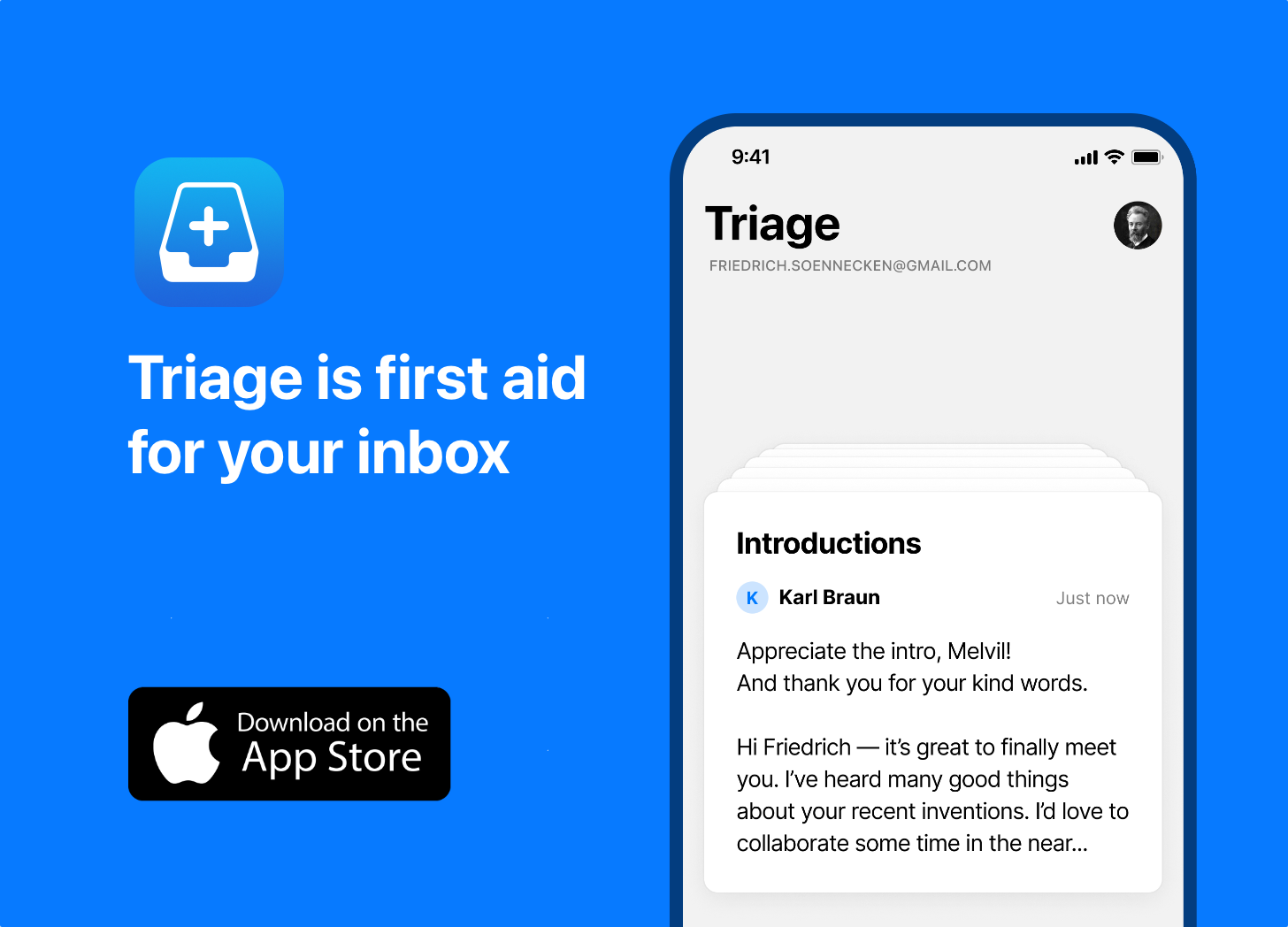Should public data be available online?
The evidence would suggest that we can’t really make up our minds.
Three examples :
1. Electoral Roll
This includes the name and address of everybody who has enrolled to vote.
Anybody can view the details by going to a library or post shop. According to the Electoral Commission website this is “a part of the open democratic process of New Zealand”.
But, you can’t search online, other than to view your own details (if you make any changes they give you a page to print, sign and return).
While this could in theory be used to access others details (if you know their full name and birthdate) the site makes it clear that it is an offence to do that.
2. Motor Vehicle Register
This includes the name and address of everybody who owns a vehicle, indexed by number plate (presumably?)
Anybody can view these details for a specific vehicle by going to an LTSA agent and paying a small fee.
But, you can’t search online, or even submit a request online.
In 2006, following a story on Fair Go, the Minister of Transport announced that he was in favour of restricting access to this register for privacy reasons. This was welcomed by the Privacy Commissioner. I can’t tell if anything came of this or not (if somebody knows please add a comment below, or let me know and I’ll update this post).
3. Companies Office
This includes the name, home address and shareholding details of anybody who is a director or shareholder of a company.
For a number of years the Companies Office has been encouraging people to use their online services to register and update company details. As part of this they provide a full search facility, which allows anybody to look up any of the details they hold, including scanned copies of signed forms etc.
In the past there you had to pay a small fee to search the register, but now it is completely free.
I can’t imagine what the Privacy Commissioner thinks of that! 🙂
Why the inconsistencies, I wonder?
Some questions:
Q: Is there a good reason for collecting the data in the first place?
Q: Should the data be available to the public?
Q: How do you stop this from being abused?
In each of these examples a big part of the reason for collecting the data is to make it available to other interested people. So, restricting access by only making the data available in printed form and only in certain locations - a.k.a. security by obscurity - doesn’t seem especially smart.
Likewise just publishing the database online for anybody and everybody to trawl through when they are bored seems to be out of line with the purpose of collecting and making the data available - it would be counter-productive if people decided to not submit information, or provide incorrect information, just to protect their own privacy.
I reckon that, provided it’s done smartly, making the data available online is actually the solution to the problem, not the cause.
The data should be available to anybody, but we should remove the anonymity of the person searching.
In order to search and view the data you should have to register and provide your own details (name and address etc - this could even be validated with a code sent in the mail if required), and every search should be logged and able to be queried. So, you can see my data. But, quid-pro-quo, I can also see that you’ve seen my data, and see your details.
I think a system like this could be self-regulating.
The public will be less likely to abuse the system, in the same way as employees who know their internet usage is being logged are unlikely to view dodgy websites. And, the authorities will be able to quickly identify suspicious usage, and track down the offenders.
What do you think?
Tell me why this wouldn’t work.
